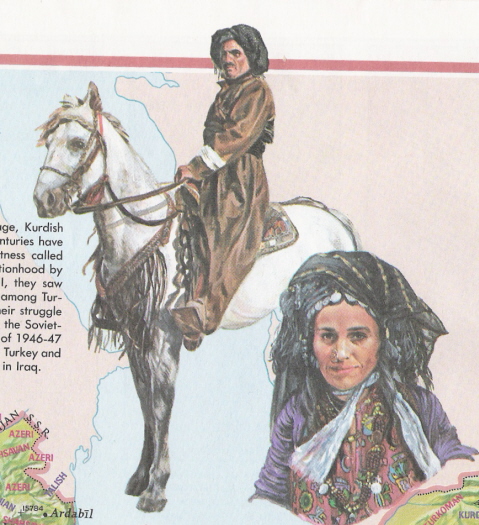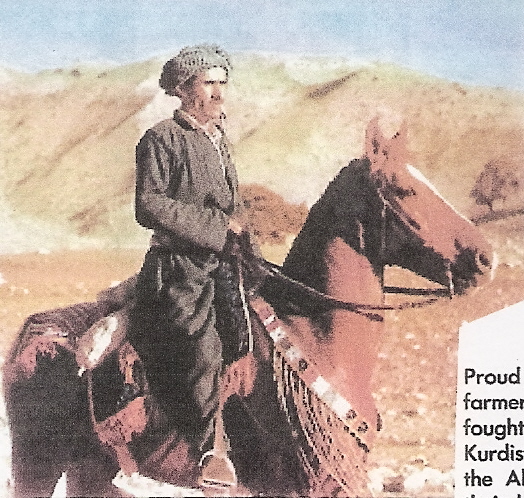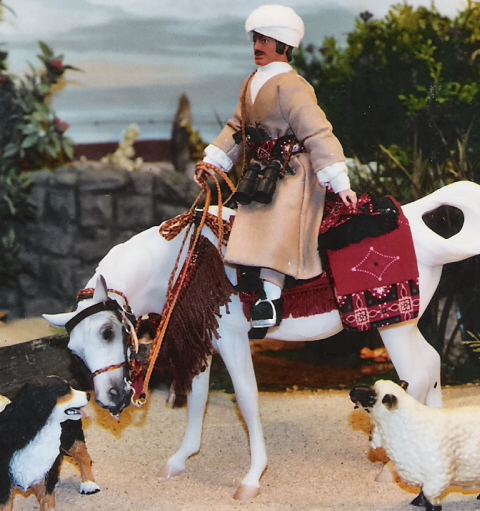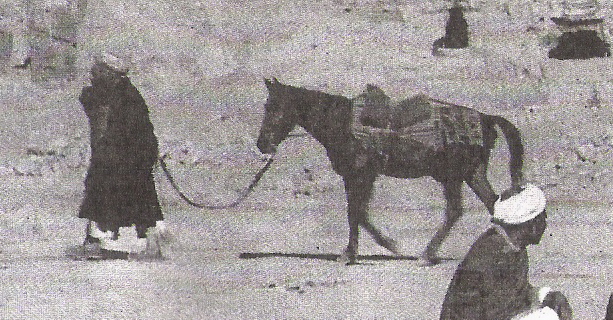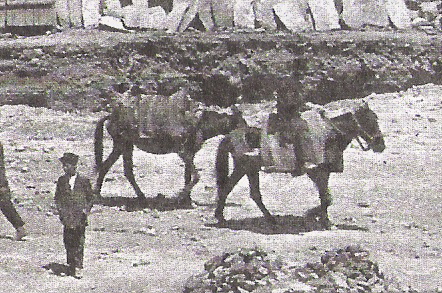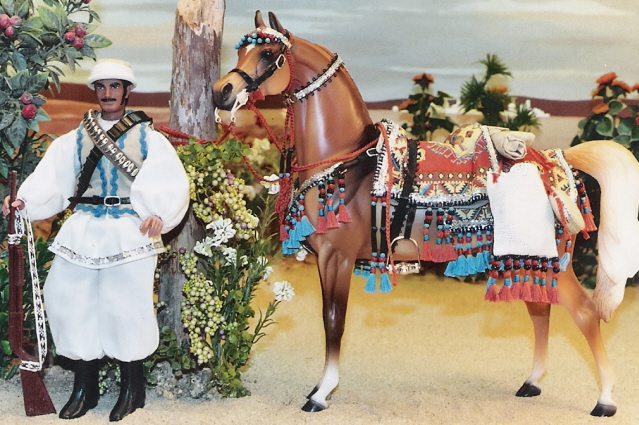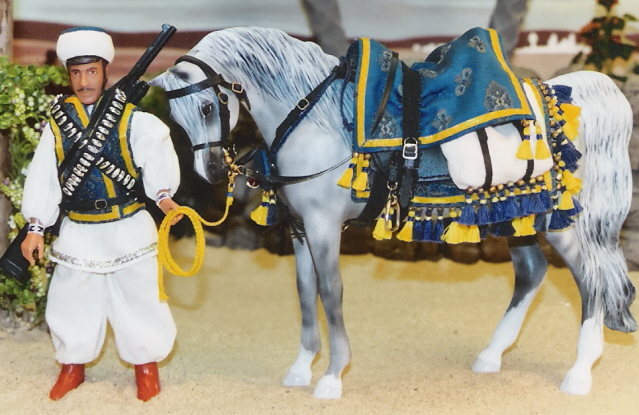IMEHA (International Model Equine Hobbyists Association) was an online photo showing site that existing until 2018. Included on the site were these guidebooks for judging and showing model horses in Performance classes. MEPSA has obtained permission to share the info contained in the guides.
Arabian Costume Native Kurdish & Native Iranian:
Arabian Costumes Native Kurdish and Native Iranian – two styles influenced by contact with Afghanistan; unfortunately, these often reflect the poverty end of the Arabian costume scale.
Kurdish:
CHARACTERISTICS: Fringed saddle pad-rug. Jineta, cavalry or pack saddle covered with another woven, often colorful, fringed rug. Woven breast collar with long fringes. Occasionally a tail crupper is used, as well as a third woven rug rear drape. Bridle is of any style. Large striped woven saddlebags are extremely popular with women riders – good way to carry the small children! English type stirrups. (See photos Kurdish One, Two, Three)
Iranian:
CHARACTERISTICS: Fringed or tasseled saddle pad-rug. Jineta, cavalry or pack saddle, or a stuffed rectangular pillow covered with a second woven fringed or tasseled rug. Occasionally a tail crupper is used, as well as a third woven rug rear drape. Bridle is of any style, sometimes with tassel and amulet decorations. Breast collar is minimal, again sometimes with tassel and amulet decorations. English type stirrups or no stirrups. (See photos Iranian One, Two, Three, Four, Five)
Arabian Costumes – Kurdish & Iranian
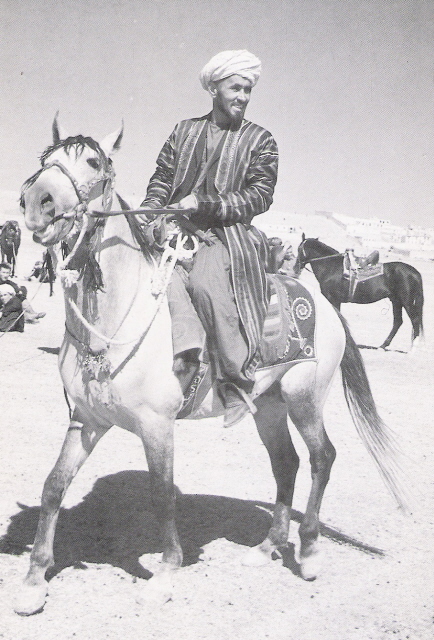
Iranian.
Proud Horses, Proud Riders (This is actually an Afghan rider, but the style is similar) by Jean-Louis Nou

